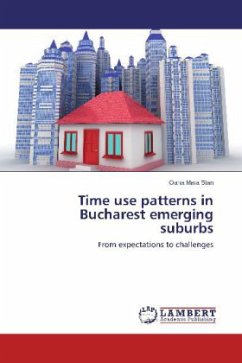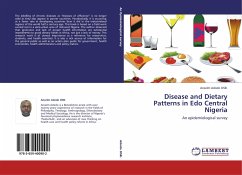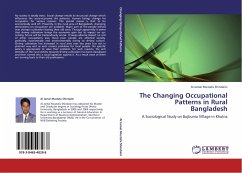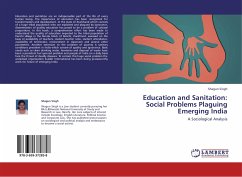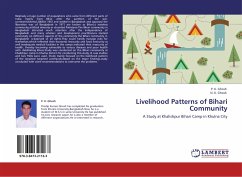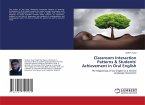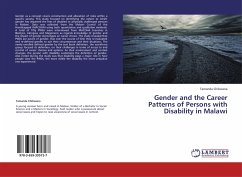The current study proposes a journey in the symbolic geography of city outskirts, through the lens of the motivational profile of the residents who opted for the exocentric movement. It investigates coordinates of temporal consumption and their impact on lifestyles in families with children. Primary empirical data reveal time use strategies, time pressure phenomena, main factors of residential satisfaction and coping mechanisms, in view of the difficulty to negotiate a fragile balance between autarchic ambitions and relational deprivation. When expectations encounter upfront the concrete field reality, the most under-estimated drawbacks refer to the under-developed transport infrastructure and commuting time which limits mobility. Another setback lies in the diminished budget of discretionary time, high investment costs and the risk of alienation through luxury ghettoisation. The research involves recommendations for housing policy improvement. The book is especially useful for professionals in sociology, public policies, urbanism, urban anthropology, as well as the general public, with special focus on city dwellers who want to make the transition to suburban living.
Bitte wählen Sie Ihr Anliegen aus.
Rechnungen
Retourenschein anfordern
Bestellstatus
Storno

